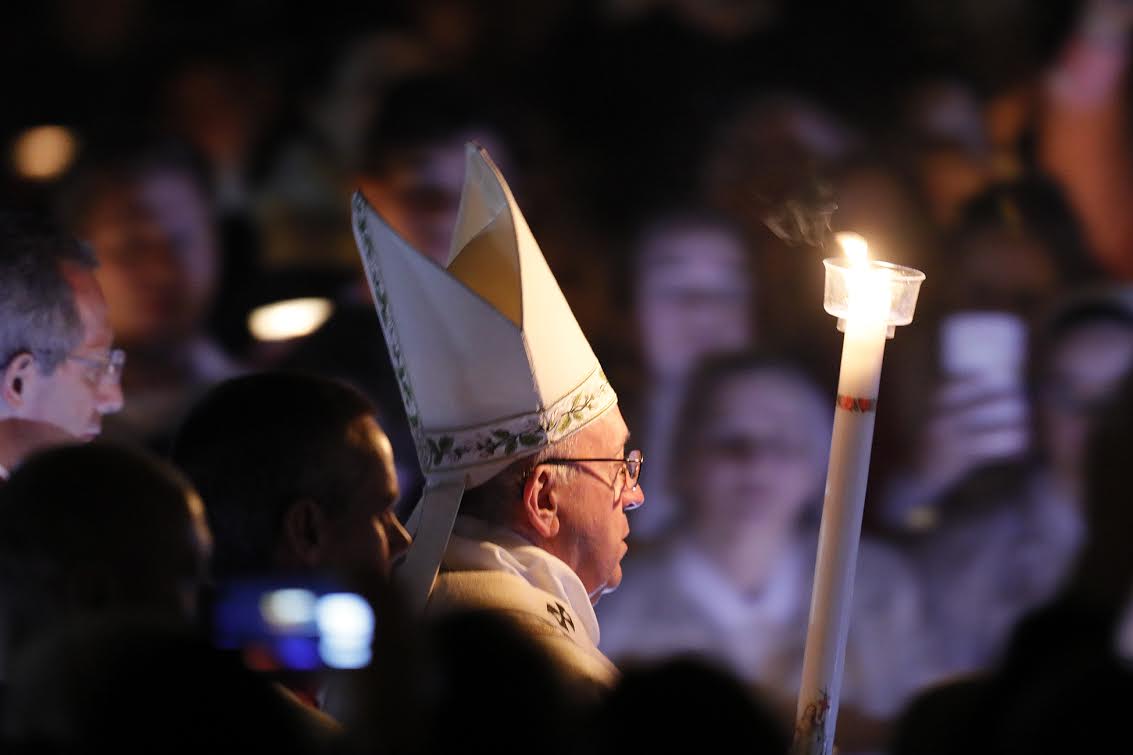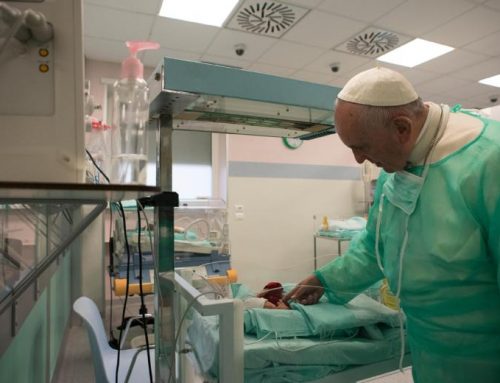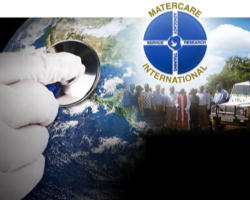ADDRESS OF HIS HOLINESS POPE FRANCIS
TO PARTICIPANTS IN THE PLENARY ASSEMBLY
OF THE PONTIFICAL ACADEMY OF SOCIAL SCIENCES
“DISABILITY AND THE HUMAN CONDITION.
CHANGING THE SOCIAL DETERMINANTS OF DISABILITIES
AND BUILDING A NEW CULTURE OF INCLUSION”
Clementine Hall
Thursday, 11 April 2024
________________________________________
Distinguished Ladies and Gentlemen,
I am pleased to welcome you, the members of the Pontifical Academy of Social Sciences, which was founded thirty years ago. Our thoughts go to the President, who has gone home because her mother is dying; let us say a prayer for her and for her mother. I greet the Chancellor and Vice-Chancellor and their staff, and I thank them for their work.
I appreciate the fact that you have chosen as the theme of this Plenary Assembly the human experience of disability, the social factors that determine it, and the need to foster a culture of care and inclusion. The Academy of Social Sciences is called to face, in accordance with a transdisciplinary model, some of the most urgent challenges of the present time. I am thinking, for example, of technology and its implications for research and for fields such as medicine and ecological transition. I also have in mind communications and the development of artificial intelligence (a great challenge indeed!), as well as the need to devise new economic models.
In recent years, the international community has made significant progress in acknowledging the rights of persons with disabilities. Many countries are moving forward in this direction. Yet in others, this acknowledgment is still partial and uncertain. Nonetheless, where progress has been made, we have seen, between lights and shadows, how individuals can flourish and the seeds can be sown for a more just and solidary society.
By listening to the voices of men and women with disabilities, we have come to realize better how their life is conditioned not only by functional limitations but also by cultural, legal, financial and social factors that stand in the way of their activities and their participation in the life of society.
Naturally, the basis for any discussion of this issue must be the recognition of the dignity of persons with disabilities, with its varied anthropological, philosophical and theological implications. Without this solid foundation, it can happen that, even as we uphold the principle of human dignity, we act concretely in ways contrary to it. The Church’s social teaching is very clear in this regard: “Persons with disabilities are fully human subjects, with rights and duties” (Compendium of the Social Doctrine of the Church, 148). Every human being has the right to live with dignity and to develop integrally: “Even if they are unproductive, or were born with or develop limitations, this does not detract from their great dignity as human persons, a dignity based not on circumstances but on the intrinsic worth of their being. Unless this basic principle is upheld, there will be no future either for fraternity or for the survival of humanity” (Fratelli Tutti, 107).
Vulnerability and frailty are part of the human condition, and not something proper only to persons with disabilities. Some of them reminded us of this in the context of the recent Synod: “Our presence may help to transform the actual situations in which we live, making them more human and more welcoming. Without vulnerability, without limits, without obstacles to overcome, there would be no true humanity” (The Church is Our Home, 2).
The Church’s care and concern for those with one or more disabilities concretely reflects the many encounters of Jesus with such persons, as described in the Gospels. In these accounts, we can find a number of timely points for our reflection.
First, Jesus enters into direct contact with those with disabilities, since, like every form of infirmity, disabilities must not be ignored or denied. Yet Jesus not only relates to disabled persons; he also changes the meaning of their experience. In fact, he showed a new approach to the condition of persons with disabilities, both in society and before God. In Jesus’ eyes, every human condition, including those marked by grave limitations, is an invitation to a unique relationship with God that enables people to flourish. We can think, for example, of the Gospel account of the blind Bartimaeus (cf. Mk 10:46-52).
Sadly, in various parts of the world, many persons and families continue to be isolated and forced to the margins of social life because of disabilities. And this not only in poorer countries, where the majority of disabled persons live and where their condition often condemns them to extreme poverty, but also in situations of greater prosperity, where, at times, handicaps are considered a “personal tragedy” and the disabled “hidden exiles”, treated as foreign bodies in society (cf. Fratelli Tutti, 98).
The throwaway culture, in effect, has no borders. There are those who presume to be able to establish, on the basis of utilitarian and functional criteria, when a life has value and is worth being lived. Such a mentality can lead to grave violations of the rights of the most vulnerable, to serious injustices and situations of inequality, resulting for the most part from the mindset of profit, efficiency and success. Yet there is also present, in today’s throwaway culture, a less visible but extremely insidious factor that erodes the value of the disabled in the eyes of society and in their own eyes. It is the tendency to make individuals view their life as a burden both for themselves and for their loved ones. The spread of this mentality turns the throwaway culture into a culture of death. In the end, “persons are no longer seen as a paramount value to be cared for and respected, especially when they are poor and disabled, ‘not yet useful’ – like the unborn, or ‘no longer needed’ – like the elderly” (ibid., 18). This is so important: the two extremes of life: the unborn with disabilities are aborted, and the elderly close to the end are administered an “easy death”, euthanasia, a euthanasia in disguise, but euthanasia all the same.
Combating the throwaway culture calls for promoting the culture of inclusion – the two things go together – by forging and consolidating the bonds of belonging within society. The primary agents of such solidarity are those who, out of a sense of responsibility for the good of each individual, work for greater social justice and for the removal of the barriers that prevent many people from exercising their basic rights and freedoms. The fruits of these activities are mostly visible in economically more developed countries, where persons with disabilities generally enjoy the right to health care and social assistance, and, even if difficulties are not lacking, are included in many spheres of social life, such as education, culture, the workplace and sports. In poorer countries, this remains, for the most part, a goal to be achieved. Governments that are committed in this regard must thus be encouraged and supported by the international community. It is likewise necessary to support the organizations of civil society, since, without their networks of solidarity, in many places people would be left to themselves.
What is needed, then, is the development of a culture of integral inclusion. The bonds of belonging become even stronger when persons with disabilities are not simply passive receivers, but take an active part in the life of society as agents of change. Subsidiarity and participation are the two pillars of effective inclusion. In this regard, we can appreciate the importance of associations and movements of disabled persons that work to promote their participation in society.
Dear friends, “recognizing that all people are our brothers and sisters, and seeking forms of social friendship that include everyone, is not merely utopian. It demands a decisive commitment to devising effective means to this end. Any effort along these lines becomes a noble exercise of charity. For whereas individuals can help others in need, when they join together in initiating social processes of fraternity and justice for all, they enter the field of charity at its most vast, namely political charity” (ibid., 180).
Brothers and sisters, I thank you because part of this commitment is your own work of research and discussion within the scientific community, as well as your efforts to raise consciousness in different social and ecclesial circles. In a special way, I am grateful for your concrete concern for our sisters and brothers with disabilities. I cordially bless you and your work, and I ask you, please, to pray for me.









